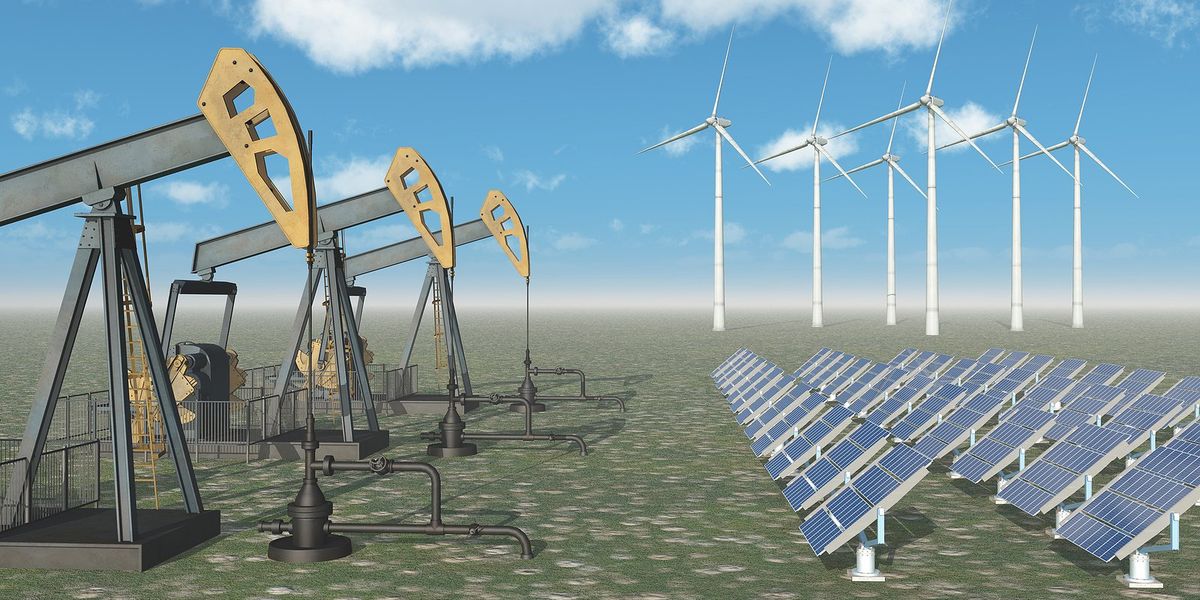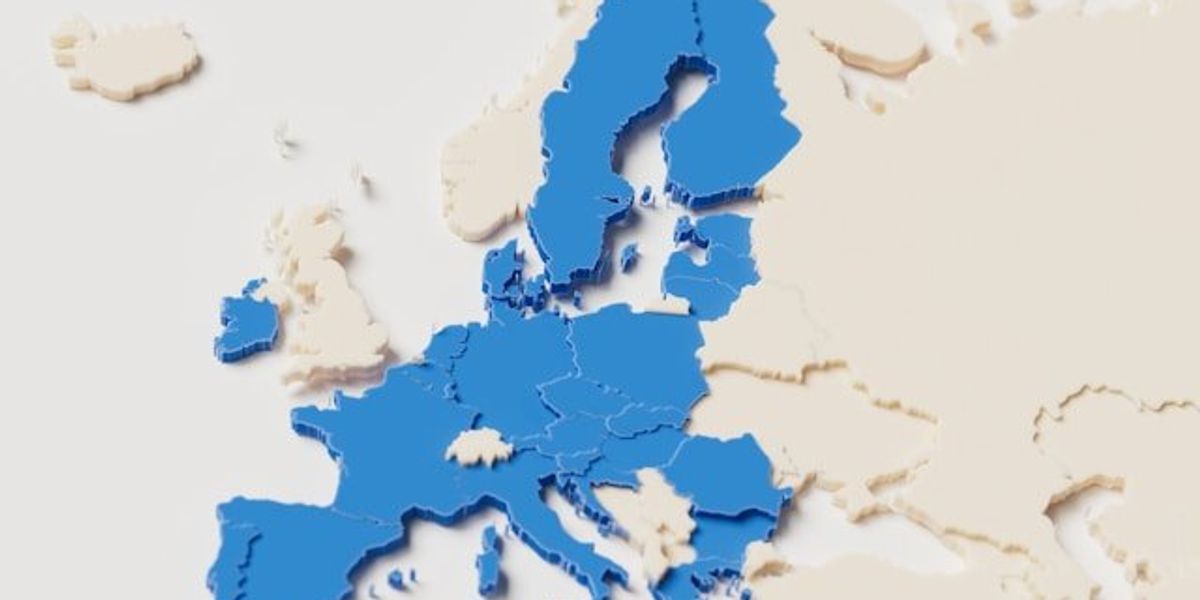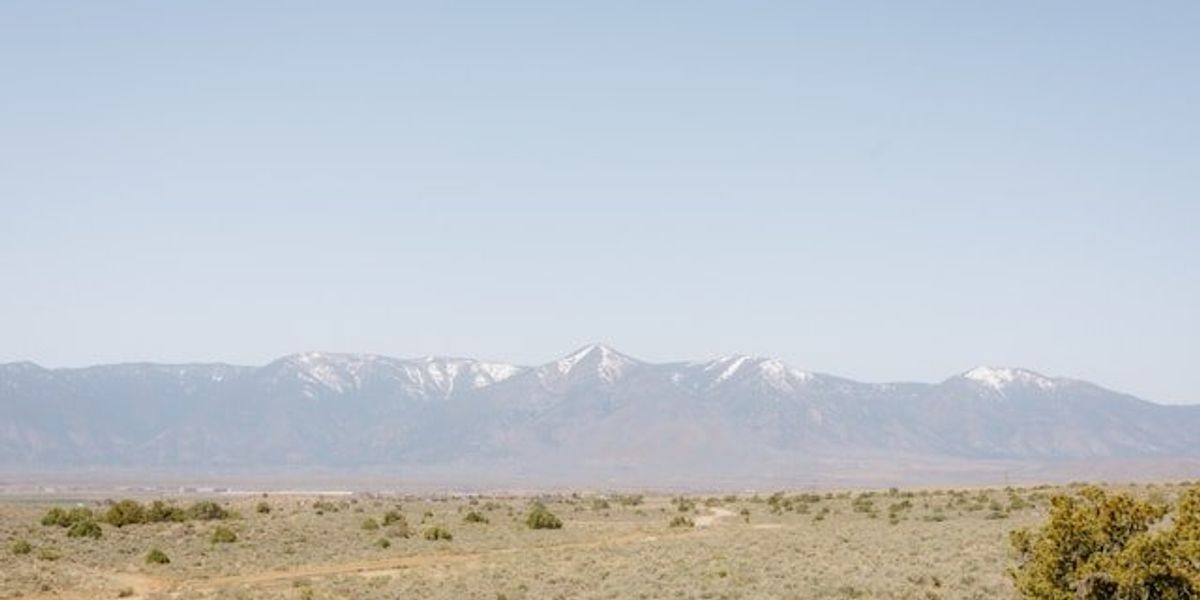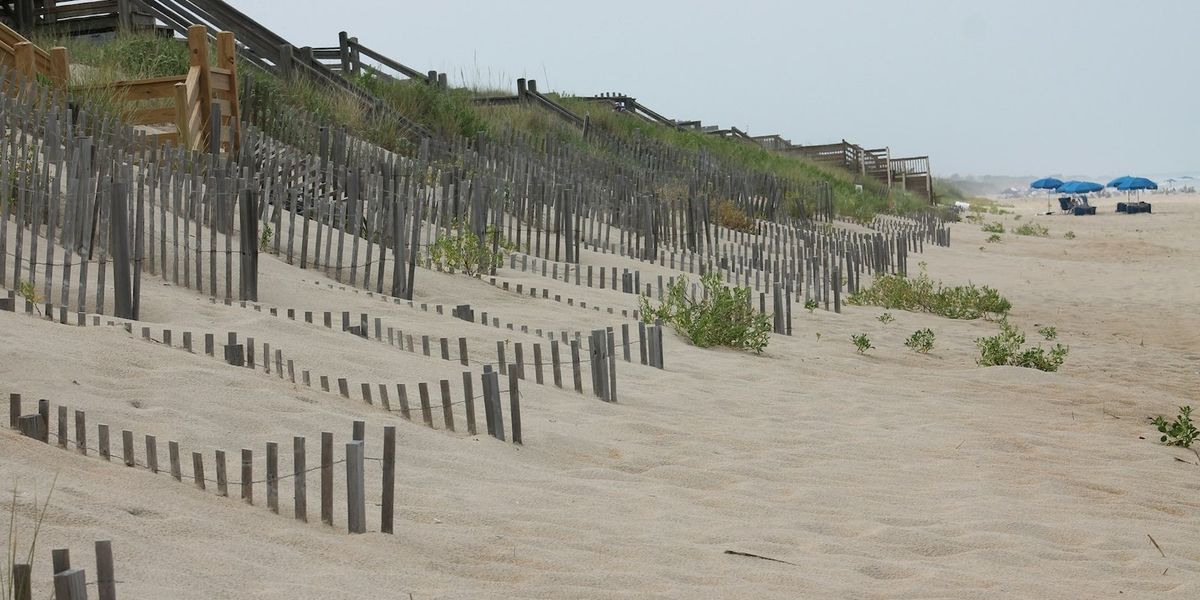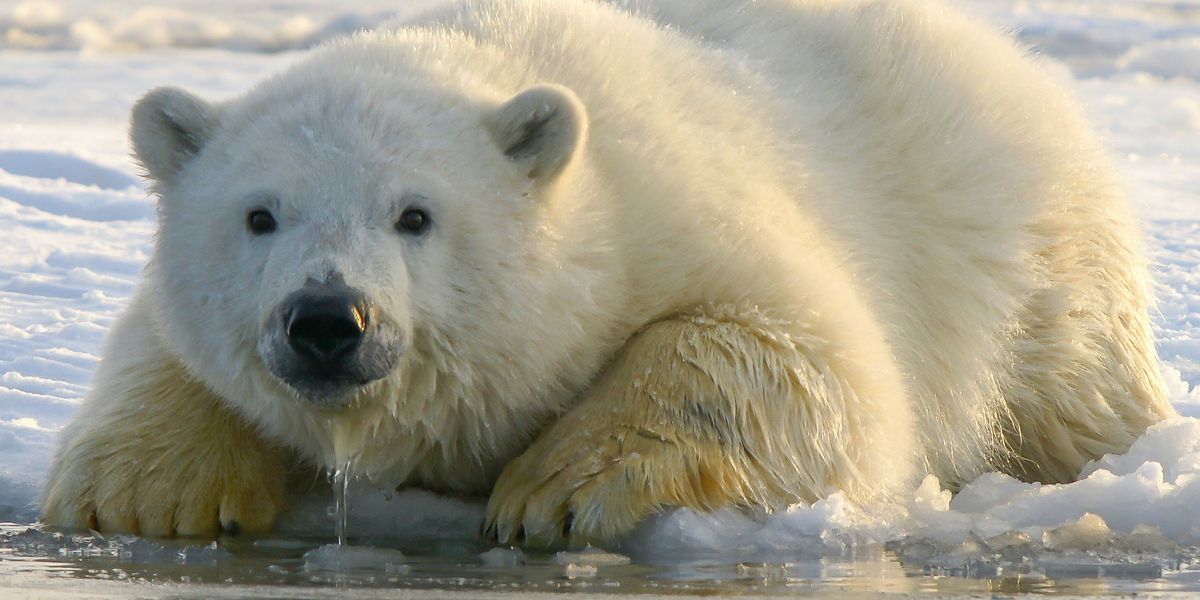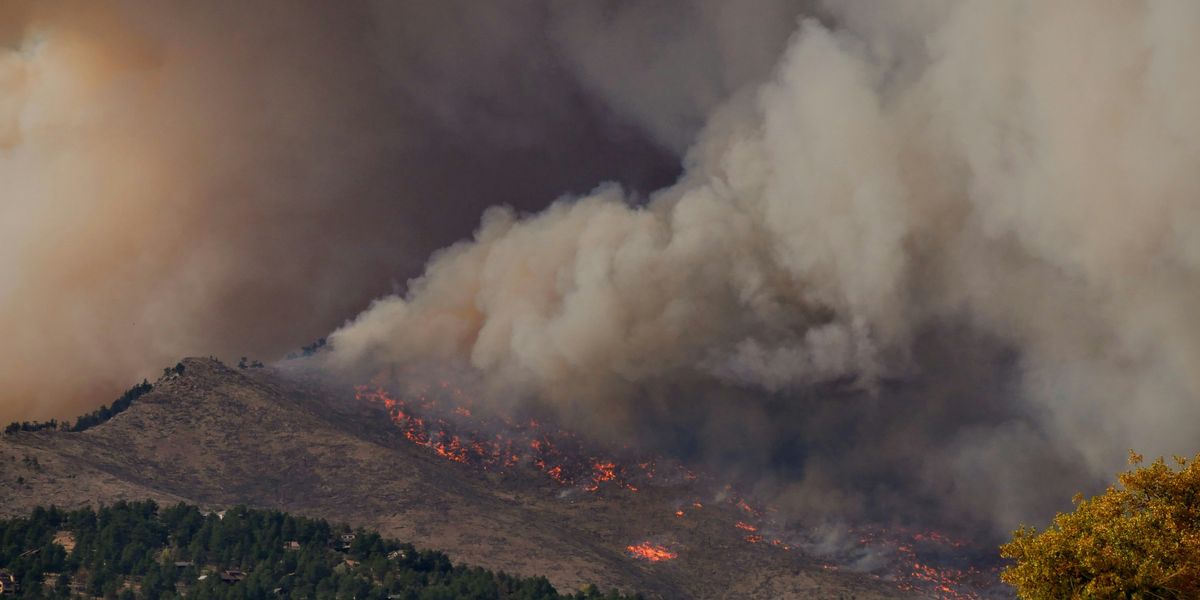Fracking company drops Pennsylvania water plan amid stream flow concerns
A Pittsburgh-based natural gas firm has backed off its plan to withdraw millions of gallons of water daily from a sensitive western Pennsylvania creek after determining climate-driven changes in stream flow would make the operation unworkable.
Jon Hurdle reports for Inside Climate News.
In short:
- PennEnergy Resources voluntarily surrendered permits to take 1.5 million gallons of water a day from Big Sewickley Creek, citing natural changes in stream conditions that would prevent compliance with permit requirements.
- The company had previously attempted a larger withdrawal, but regulators denied the request due to risks to a threatened fish species; local environmental advocates had opposed the plan, urging alternative sources like the Ohio River.
- Environmental groups noted the creek's low and erratic flow, worsened by climate change, could not support industrial-scale water use without degrading water quality and harming wildlife.
Key quote:
“With climate change, and this variability increasing, I would not be surprised to see something like this happening more often.”
— Emma Bast, staff attorney at PennFuture
Why this matters:
As climate change reshapes rainfall patterns and stream flows, long-established assumptions about water availability are breaking down. Fracking operations, which require millions of gallons of water per well, often target small, nearby waterways to cut costs and logistics. But these creeks — especially in biodiverse regions like western Pennsylvania — are increasingly unreliable and vulnerable. Surface water users like PennEnergy are discovering the limits of extracting from fragile streams in a changing climate. Meanwhile, data centers, agriculture, and municipalities are vying for the same resource, increasing the risk of overdrawn watersheds. The decision to abandon a withdrawal site on Big Sewickley Creek may be an early signal of the kind of recalibration that industrial users will need to make as weather whiplash becomes the new norm.
Related: How the “Halliburton Loophole” lets fracking companies pollute water with no oversight

